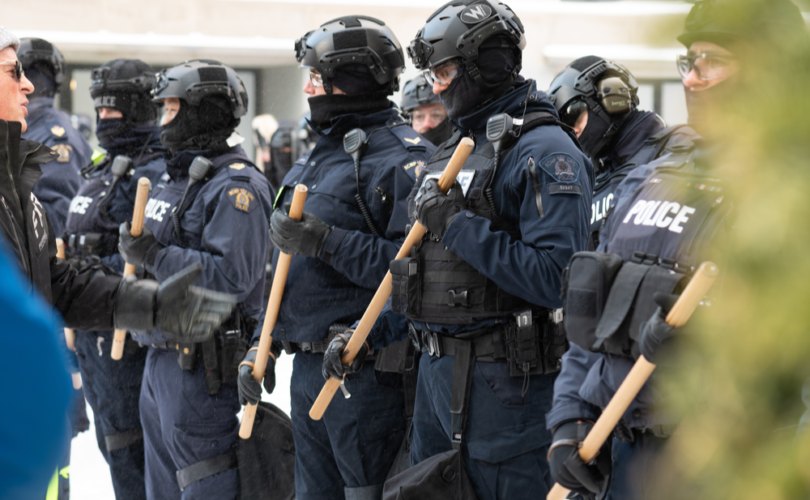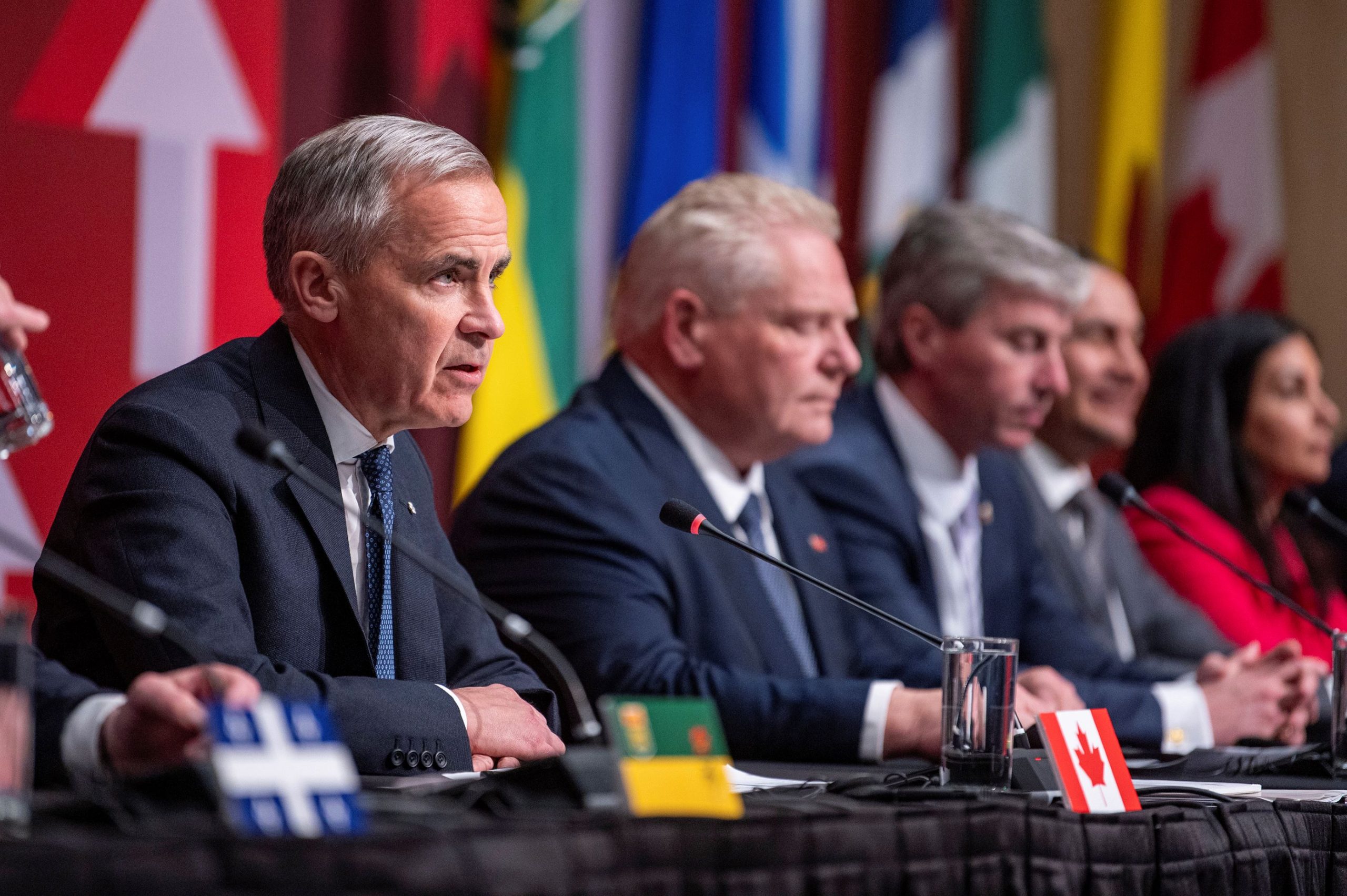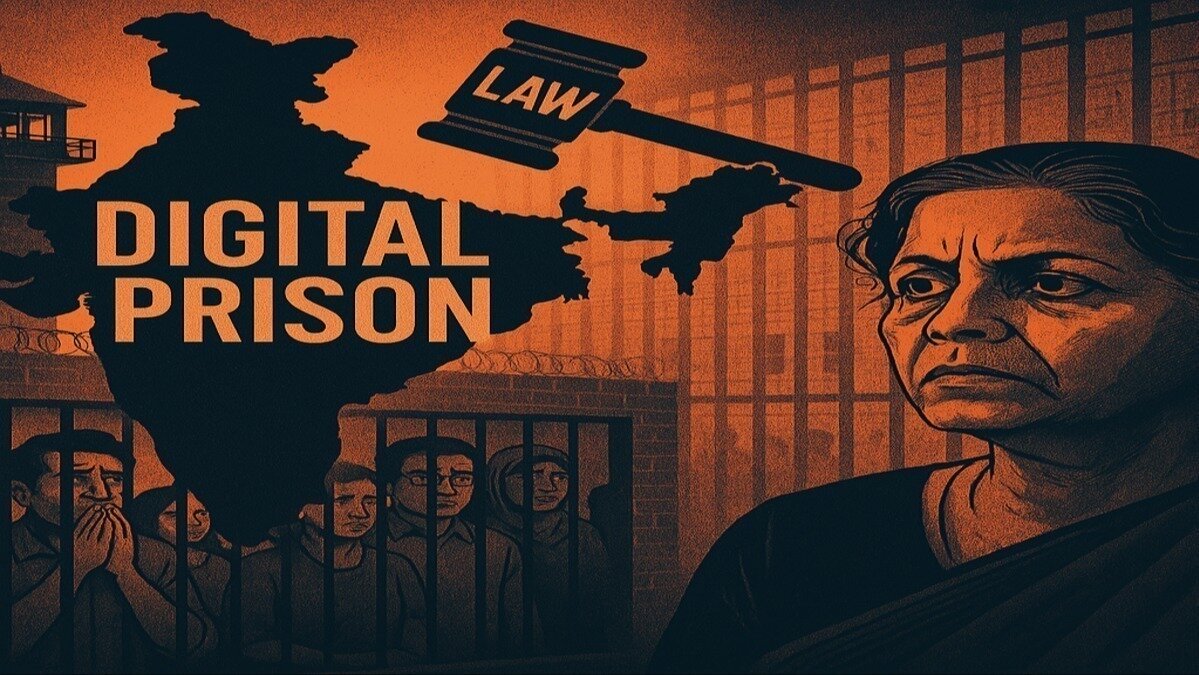The trial of Freedom Convoy leaders, Tamara Lich and Chris Barber, resumed last Thursday, with Justice Heather Perkins-McVey highlighting an unusual development. It came to light that two officers from the Ottawa Police Service (OPS), who had interacted with protestors, had their phone data wiped during the protests.
“Lack of Responsibility in Preserving Evidence”
Justice Perkins-McVey pointed out that the OPS officers were aware of the necessity to upgrade their phones but failed to take responsible steps to ensure the preservation of evidence and disclosure.
“The Curious Case of Wiped Signal Chats”
The Democracy Fund (TDF), which is crowdfunding Lich’s legal costs, reported that Justice Perkins-McVey found it “interesting” that two Police Liaison Team (PLT) officers had their phones wiped, erasing important Signal chats between them and protestors. This discovery raised questions about how many other officers might have experienced a similar situation.
“Testimonies of Wiped Phones”
During Day 20 of the trial, police witness Nicole Bach of the OPS PLT testified that her police-provided phone had been wiped of all information, leaving her unable to provide copies of vital conversations with protesters. She was the second police officer in less than a week to testify that their phone data had been inexplicably wiped.
“Seeking Lost Evidence”
Officer Isabelle Cyr from the OPS liaison team testified that her contacts were also “wiped” from her phone between January 27 and February 9, 2022, the period when the main protests occurred. She did manage to preserve some text message exchanges with Freedom Convoy organizer Chris Barber before her phone’s information was lost.
“Credibility Implications”
In court, defense counsel Eric Granger referred to an email from Officer “Li” sent to Bach. He argued that this email suggested that the PLT officers were actively seeking evidence that may have been lost, highlighting the absence of an email response from Bach in the disclosure. This development could potentially affect the credibility of the officers involved.
“Disclosure Concerns and Blacked-Out Documents”
During Day 21 of the trial, Diane Magas, counsel for Chris Barber, requested information regarding when Officer Bach was directed to update her phone and the reason behind the phone wipe. This raised concerns about the disclosure of vital information. The defense team and the Crown had discussions about the issue, with documents provided by the defense being heavily redacted.
“Solicitor-Client Privilege Debate”
The defense received blacked-out documents related to the phone wipes of OPS officers. It was noted that the OPS claimed the emails were protected by solicitor-client privilege. Vanessa Stewart, representing the OPS, mentioned that some of the emails contained evidence shared between officers and the Crown. This led to discussions about the existence of solicitor-client privilege between the police and the Crown.
“Waiving of Privilege and Unresolved Questions”
Justice Perkins-McVey questioned the possibility of waiving privilege by the Ottawa police, assuming privilege even existed. Stewart replied with a “No.” The ongoing debate revolved around how communication between officers could trigger solicitor-client privilege, with Stewart maintaining that the conversation was related to legal advice from the Crown. It remained unclear whether solicitor-client privilege had been sufficiently established.
“Trial Delays and the Freedom Convoy Background”
Lich and Barber’s trial has taken longer than anticipated due to the slow pace of the Crown calling its witnesses. The Freedom Convoy, a peaceful protest against COVID mandates in early 2022, led to the enactment of the Emergencies Act. This resulted in Lich’s arrest and a subsequent trial.
“Recent Developments in Lich’s Case”
Recently, bail-related charges against Lich related to an awards ceremony were dropped by the Crown. This development occurred during her ongoing trial, which is separate from the bond charges. The protest, which saw thousands of Canadians come to Ottawa, ultimately ended with the revocation of the Emergencies Act by Prime Minister Justin Trudeau on February 23, 2022.
In this article, we have explored the perplexing issue of phone data wiping during the Freedom Convoy trial, the implications it raises, and the ongoing discussions surrounding solicitor-client privilege. These developments add layers of complexity to a trial that has already garnered significant attention.










